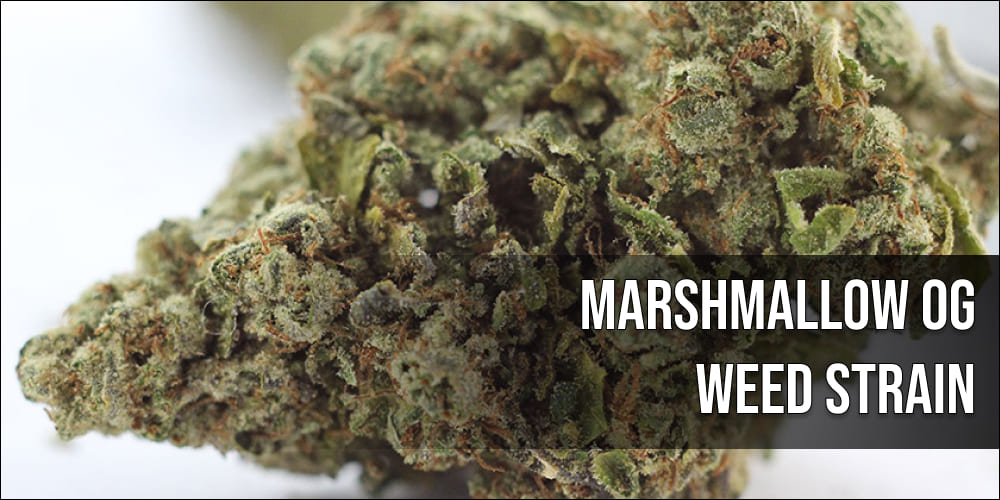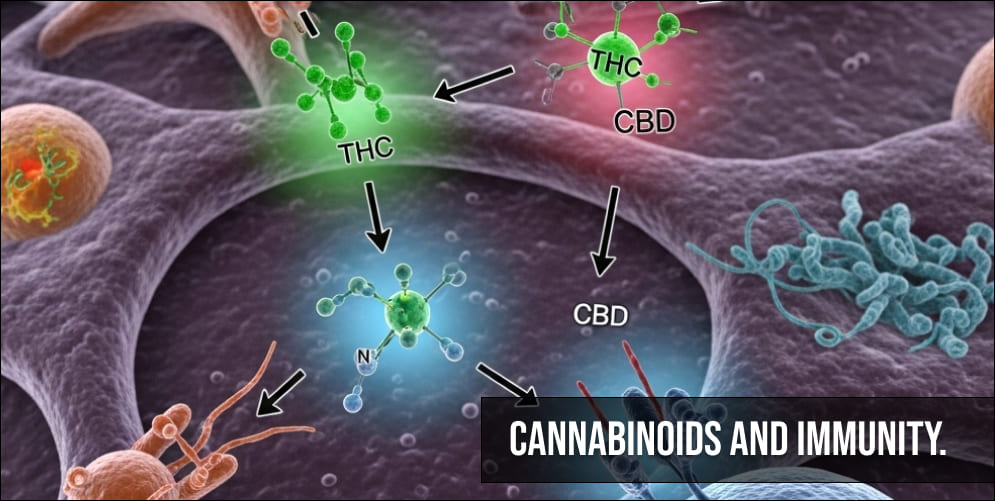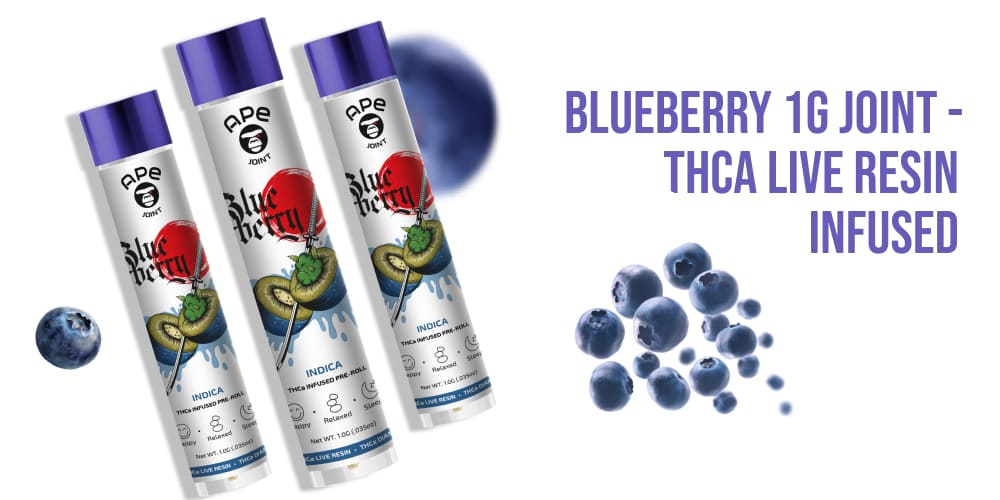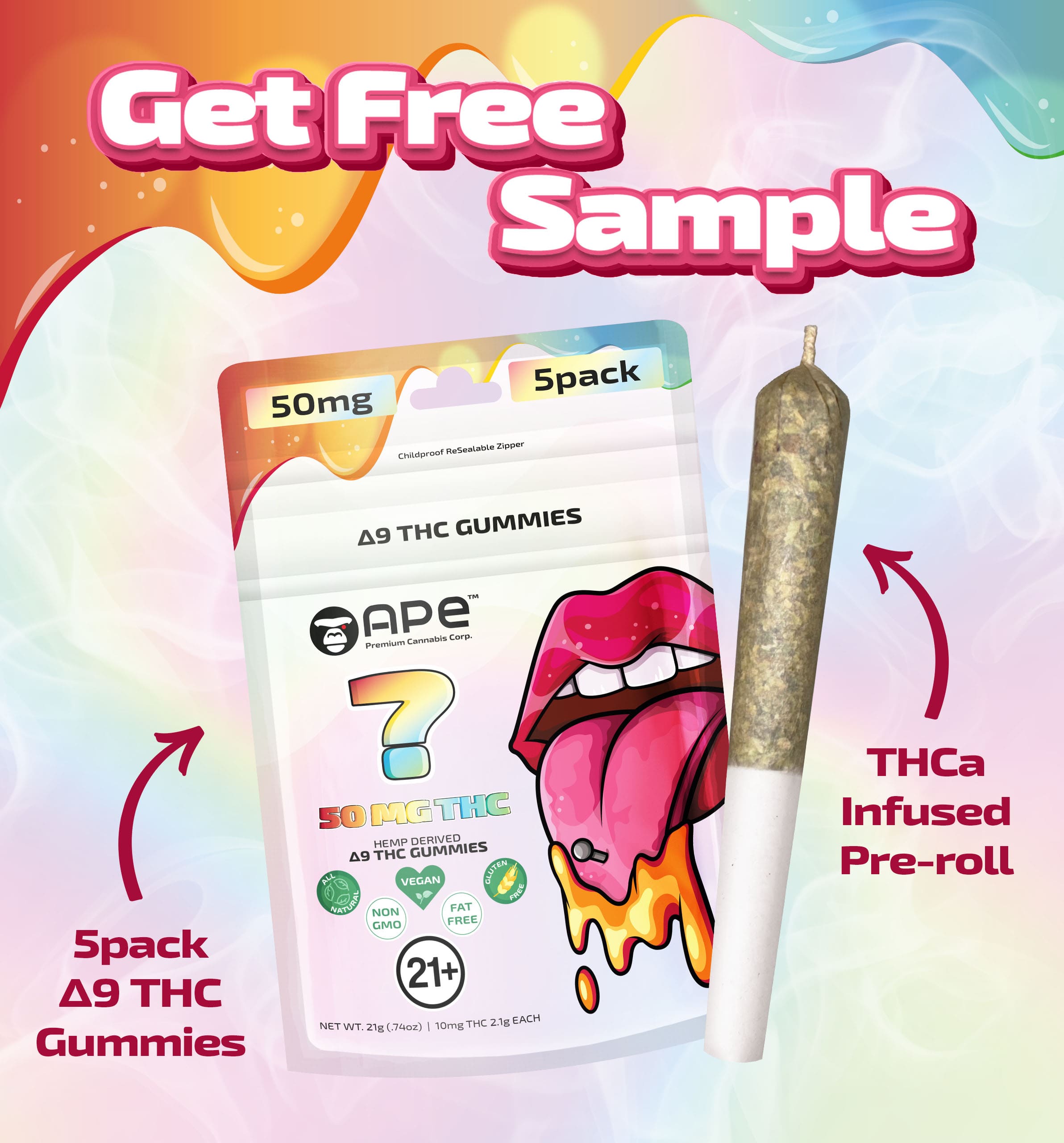What is HHC in the cannabis world?

As cannabis products continue to diversify and reach new consumer demographics, a lab-engineered marvel known as HHC is rising to prominence. Short for hexahydrocannabinol, this compound stands as a relatively new entrant in the ever-expanding cannabis market.
With its origin traced to complex lab processes and its effects likened to the more familiar THC, HHC is generating buzz and debate in equal measure. Yet, despite its growing popularity, the substance remains shrouded in scientific mystery.
In this comprehensive guide, we’ll unpack everything you need to know about HHC: its origins, its potential health benefits, its likenesses to THC, and the pressing questions surrounding its long-term impact. Read on to make an informed decision about this intriguing cannabinoid.
Are you interested in delving into the chemistry of cannabis? If so, these articles are a must-read:
What Is it, Exactly?

HHC, short for hexahydrocannabinol, is a lab-engineered wonder that’s been grabbing attention. In this alchemical process, scientists marry THC from the hemp plant with hydrogen atoms, breathing life into it.
In its natural state, HHC exists only as a minor character in the cannabis narrative, too scarce to create a buzz. That’s why the lab-born version has become a star, now legally strutting on the federal stage, thanks to a loophole in the 2018 Farm Bill.
This has spawned a new wave of hemp-infused delights, from HHC-infused chewy treats to vaporizable elixirs.
Its late entrance could be chalked up to the complex choreography of creating it. Now, with a range of forms from aromatic oils to crystalline resins, HHC offers a versatile and increasingly sought-after experience.
Does HHC make you high?

As HHC gains a following, especially among younger users enticed by its vaping and edible offerings, there’s a glaring gap in our understanding of its health effects. Unlike its well-studied cousin CBD, HHC is something of a scientific enigma.
When it comes to its impact, it shares a lot of screen time with THC, offering users an intoxicating blend of euphoria and serenity.
Like THC, it also has a knack for manipulating body functions such as sleep and inducing food cravings – yes, the notorious “munchies” make a comeback. But here’s where the tale of HHC diverges from that of CBD: while CBD’s negligible THC content keeps it from inducing a high, HHC doesn’t have that safety net.
Additionally, users have reported experiencing some of THC’s less desirable effects, like anxiety, forgetfulness, and coordination issues.
Fans of strong effects and pleasant taste are recommended to try Mint Chip strain in sauce cart. This hybrid created from a SinMint Cookies x Green Ribbon BX pairing. The effects are what make this strain curious: it manages to create substantial mental uplift, while leaving you grounded and functional.
Or what about Live Resin Bar with XJ-13 strain? This hybrid cannabis product that is gaining popularity for its potent effects and unique flavor profile. XJ-13 is known for its sweet and spicy aroma, with hints of pine and earthy undertones.
Its effects include a cerebral buzz. It can enhance creativity and focus, followed by a relaxing body high that can alleviate stress and pain.
Potential Pros

Absolutely, HHC’s standout quality is its chemical resilience. This ensures it remains effective for longer periods, making it a dependable option for consumers.
As for its potential health advantages, it is showing promise in a variety of areas commonly associated with THC. Here’s a closer look:
- Pain Alleviation: HHC is emerging as a strong contender in the arena of pain management. Whether it’s fleeting aches or persistent discomfort, HHC offers a new avenue for relief that could rival traditional analgesics.
- Emotional Wellness: Initial studies hint that HHC could serve as a mental health ally. It seems to create a psychological buffer that helps soften the blows of anxiety and bouts of depression.
- Inflammation Reduction: HHC might also have a role in tempering inflammation, a common underlying issue in numerous health conditions. Its anti-inflammatory potential could be a game-changer for individuals dealing with ailments like rheumatoid arthritis or Crohn’s disease.
- Restful Sleep: If peaceful slumber eludes you, our hero might offer a solution. Its relaxation-inducing properties could pave the way for deeper, more rejuvenating sleep cycles.
- Queasiness Control: For those grappling with nausea or frequent vomiting, perhaps due to medical interventions like chemotherapy, HHC’s ability to soothe these symptoms offers a glimmer of hope.
It’s vital to remember, however, that research is still in the preliminary stages. While these benefits are promising, they have yet to be firmly established through comprehensive scientific studies.
Potential Cons

Certainly, the full scope of HHC’s effects—both immediate and enduring—is yet to be rigorously studied. Nonetheless, anecdotal accounts point to similarities with THC, which raises concerns about potential side effects. Here’s a closer look:
- Stomach Discomfort: While some use HHC to counteract nausea, others report it as a side effect, demonstrating a paradox that merits further study.
- Cottonmouth: Dry mouth, colloquially known as “cottonmouth,” is another common issue, reminding users to stay hydrated.
- Eye Irritation: Experiencing reddened eyes after use is not uncommon, hinting at minor vascular changes that could affect eye health.
- Rapid Heartbeat: Also known as tachycardia, a faster heart rate post-consumption could be a cause for concern, especially for those with pre-existing heart conditions.
- Hunger Surge: Much like the “munchies” associated with THC, increased appetite is often reported, making mindful eating important.
- Anxious Feelings: While HHC might offer anxiety relief for some, others find it exacerbates their nervousness or worry.
- Heightened Paranoia: This intense sense of distrust or unease can be particularly unsettling, warranting caution for first-time users or those with pre-existing mental health conditions.
- Sleep Disruptions: Though some seek out it for its potential to improve sleep, others find that it leads to insomnia or erratic sleep patterns.
In summary, while HHC offers intriguing possibilities, its safety and long-term efficacy still require thorough scientific exploration.
As the cannabis industry continues to evolve, our hero stands out as an enigmatic yet captivating newcomer. Its chemical stability and purported health benefits make it an appealing option for those seeking alternative remedies for conditions like pain, anxiety, and sleep disturbances.
However, it’s crucial to remember that scientific research is still in its infancy. While anecdotal evidence abounds, rigorous studies are needed to confirm its safety, effectiveness, and potential side effects.
Until then, consumers should approach it with cautious optimism, keeping in mind its similarities to THC, including both the upsides and the downsides. As we wait for more concrete evidence, HHC serves as a fascinating testament to the ever-expanding, ever-complex world of cannabis and its compounds.



























